Rehab
Rehab

Understanding the steps
When learning about rehab, it’s essential to grasp the fundamental components involved in the recovery process. Our Tennessee detox facility offers a comprehensive approach that encompasses various elements, such as thorough assessments, medically supervised detoxification, and evidence-based therapies. We also integrate holistic treatments to promote overall well-being and address the root causes of addiction. Additionally, we emphasize the importance of aftercare planning to ensure ongoing support and prevent relapse. By understanding these components, individuals can make informed decisions about rehab and choose a program that aligns with their specific needs for a successful recovery journey.
We Accept Most Insurances
Our inclusive detox facility proudly accepts most insurance plans, ensuring access to quality care and easing your financial concerns.

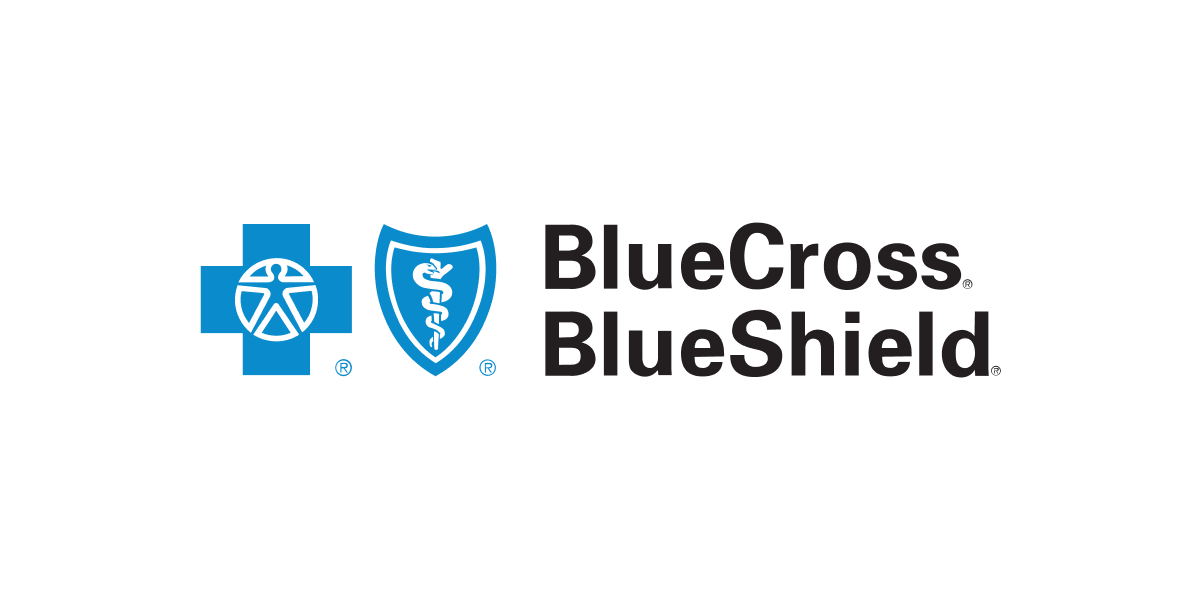
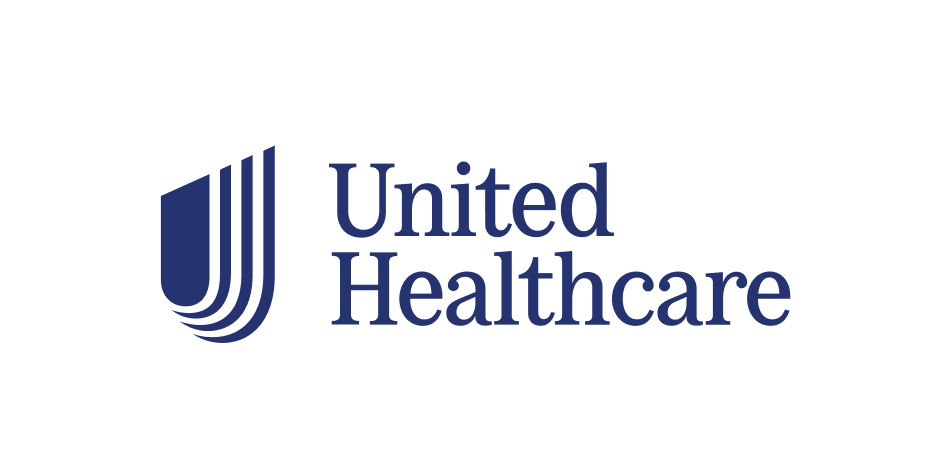
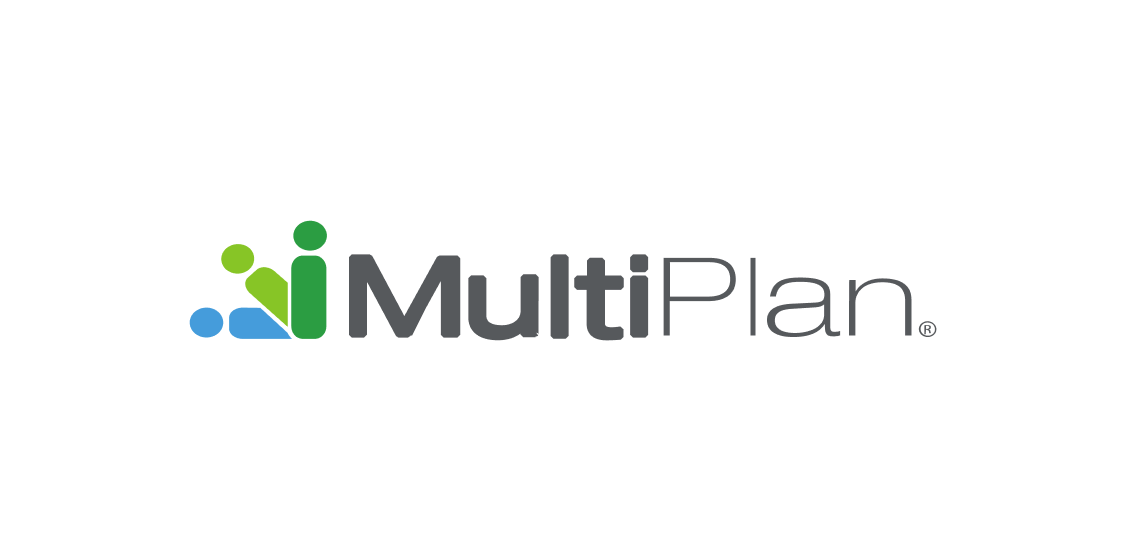
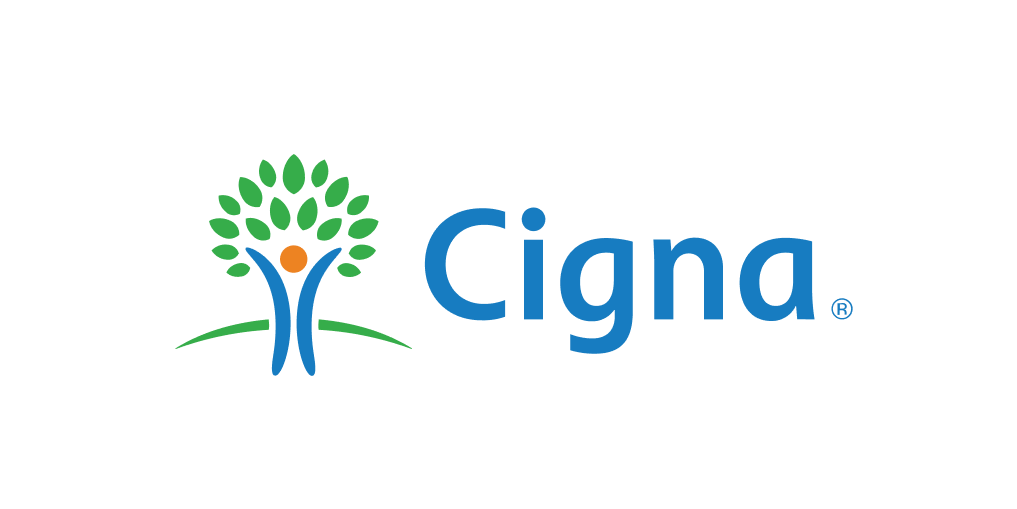
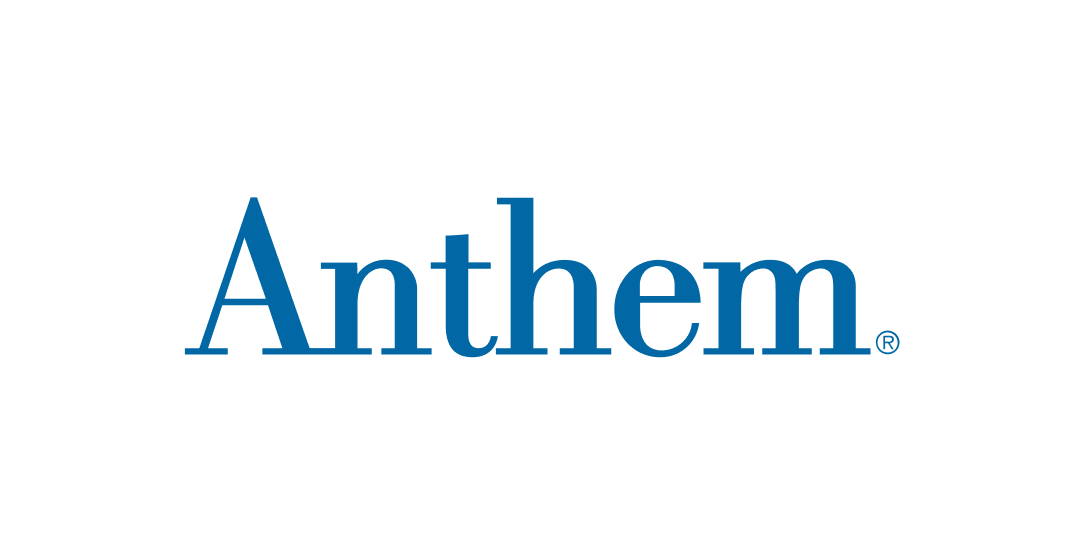
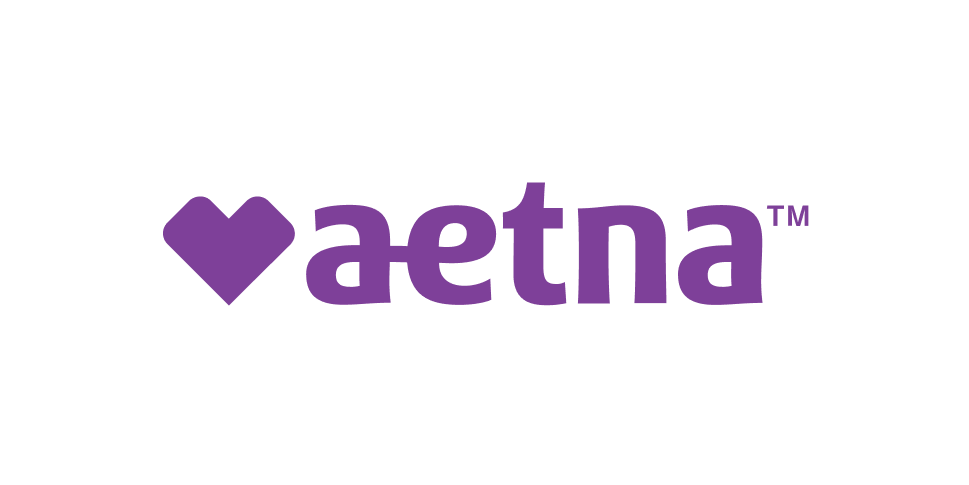
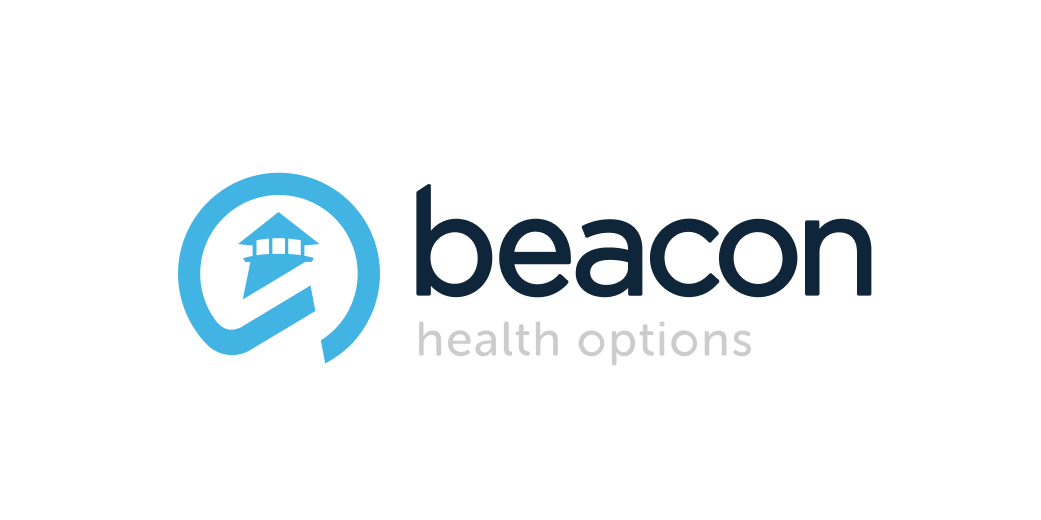
Ready to Make a Change?
Embark on Your Path to Recovery with the Trusted Support of Our Tennessee Detox Center for a Revitalized Life










